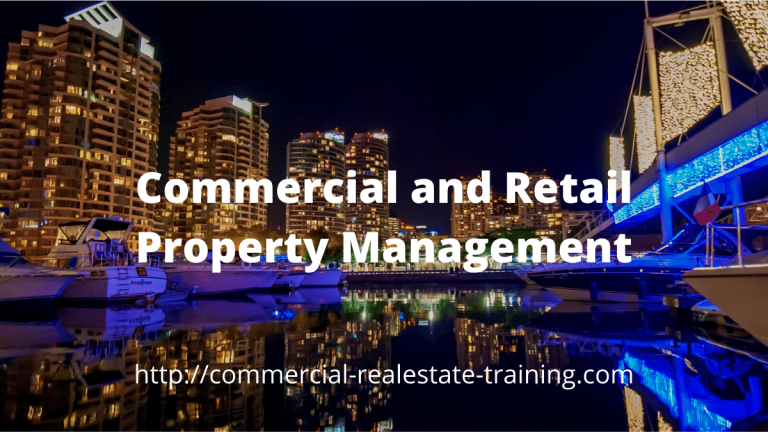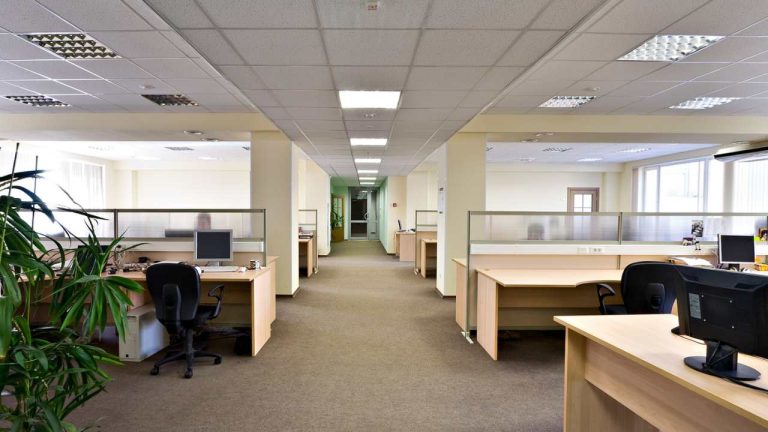Commercial Property Management Challenges for Agents Today
The commercial property management process can be quite a challenge when it comes to controlling workload and getting results. The same can be said about retail property and shopping center management.
On that basis every property manager should be well chosen for skills, knowledge and relevance to the property type.
The skill set behind the property management process is large and complex.
The Essential Skills of Property Management
Here are some of the skills and actions that are required of a property manager every day:
- Attention to detail when it comes to rent collection and arrears management
- Lease interpretation with all tenants in occupation
- Landlord contact on daily events and property performance issues
- Financial management of income and expenditure to a plan or budget
- Risk controls relating to property use and occupation
- Tenant mix planning and controls
- Vacancy management and leasing strategies
- Property inspections to ensure safe and reliable occupation by tenants
- Customer service (retail properties)
- Marketing strategies (retail properties)
It is interesting to note that a property manager that is working under stress can make some costly mistakes and that will come back to haunt the agency. Far too many property managers are loaded with too many properties or tenants for the sake of getting income up and cost down.
The fee for a property management service should be carefully set with due regard for the work and the skills involved with each property. A ‘two and a half time’s salary approach’ is a good standard to apply in setting portfolios for managers.
Take care in accepting or taking a new property management portfolio with a low fee base; high workload requirements without a corresponding high fee will only destabilise the property management department, your staff and the income budget.
Key Service Factors
When you look at the fee generated from a manager’s portfolio, take into consideration the following facts:
- The requirements of the landlord when it comes to communication, reporting, and control.
- The numbers of tenants in the property and the demands that they place on property operations.
- The type of property. A retail property is a lot more work than an office or industrial property.
- Maintenance demands placed on the manager. Property age and complexity will have an impact on those demands.
- The shifts and changes needed in the leases for the tenants in occupancy
- Vacancy and leasing strategies required to get income up and a stabilised tenant mix.
- Marketing efforts required to promote the property locally to tenants, businesses, and customers.
It is easy to see that you really do need to consider your staff, the fees you charge, and the workload generated from each managed property. It is not an easy process but it can be done with effectiveness.
Do you really want to manage a property for the long term on a low fee base? I think not, let the landlord struggle with their property problems. Take on the good properties and good clients at a reasonable fee.






